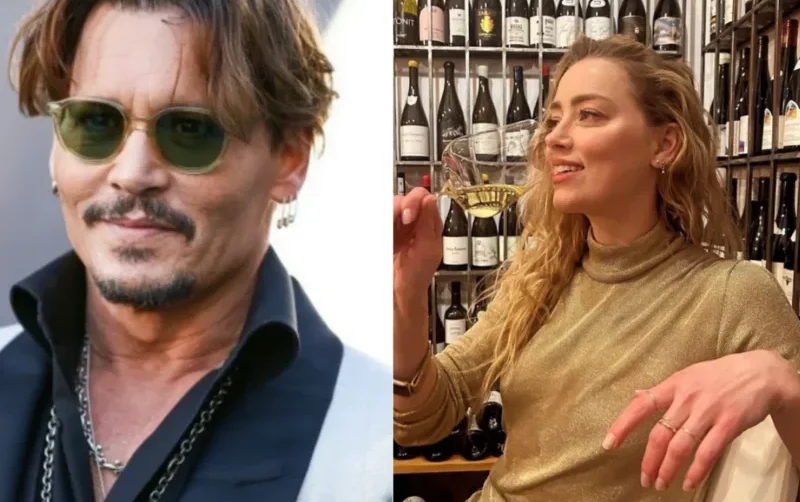The renowned Johnny Depp, under the media’s microscope and beset by courtroom chaos, stepped back into the limelight at the 72nd San Sebastian International Film Festival in Spain. He may have simply wanted to present his latest work of cinematic art, *Modi: Three Days on the Wing of Madness*, but Depp, in his inimitable way, somehow managed to make this festival appearance about so much more: a fragile tango between art and his reality, over which too many people seem to want to have control. All eyes were on him, and even the judges couldn’t help but get drawn into the whirlpool of intrigue that surrounded not just the film but Depp himself.
At what must surely have been the most electric press conference of the festival, Depp artfully compared his own troubled life with that of the Italian artist Amedeo Modigliani, whose story serves as the basis for the film.
The 2022 courtroom drama starring Johnny Depp and Amber Heard garnered as much public attention as any blockbuster film. From the first day of the trial to the last, the hashtag #DeppHeardTrial trended on Twitter and other social media platforms. Fans and foes of the actors alike tuned in for the live stream of the proceedings. The verdict in the case was reported as if it were the end of a three-act play, with the “In the end, Johnny won!” bobbing up through comment sections on the internet. Depp’s lawyers even went so far as to use the cult of celebrity surrounding their client to declare him the Dickie Greenleaf to the world of fine art.
What an irony it is to have one’s life compared to art, or, in Depp’s case, for art inadvertently to reflect the real-life tempest. No sooner had the curtains risen over a dazzling production in Spain’s spectacular Basque Country—which also serves as the stage for the clarity of Depp’s artistic renaissance—than did the actor inadvertently lament the courtroom ‘masterpiece’ that served as a preface to a second act of sorts in his ongoing real-life drama. Camille Vasquez, one of the most prominent figures from Depp’s now-infamous trial (for better or worse), is his now-limelight attorney who seems to have inherited the role of his not-so-palatable publicist. We should remember, of course, that Depp himself has always pushed back on the platitudes of privacy, as only a person thrusting their life’s narrative into public view in the first instance can.
Amber Heard’s serious contemplation emerged on social media like a slow-moving tidal wave—her Instagram account now serving as a makeshift placard. Heard’s hand, all but forced, seems to be directing this narrative. This angle deconstructs the public’s (read: fans’) perception of her. In the highly gamified realm of social media, where information spreads quickly and is layered with the context of user-to-user interaction, Heard seems to be hoping for a reconsideration of the public opinion that, in 2022, led to an avalanche of apparent hate directed at her.
In the grand forum of cinema, Johnny Depp displays a narrative that combines liberation with entrapment—public fascination with public spaces. As fans flock to his new film, they consume the mimetic dance between art and life, aware that for stars like Depp and Heard, the worlds of cinema and reality are inextricably intertwined—unfolding forever before the eyes of an adoring and critical public.




